Determination of C-peptide in diabetes mellitus. Norm of C-peptides
It is not uncommon for doctors to prescribe an assay that helps determine the amount of a substance such as a C-peptide. In diabetes mellitus, this research sometimes gives more accurate results than the analysis for the level of sugar or insulin. Of course, patients are interested in additional information.
What is a study of C-peptide in diabetes mellitus? How are samples taken? Do I need to prepare for the procedure? How to decipher the results? Many people are looking for answers to these questions.
What is a C-peptide?
In modern practice, a blood test for the C-peptide is often performed. With diabetes, the results of this study are extremely important. But to begin with, it is worthwhile to learn more about what a given substance is.
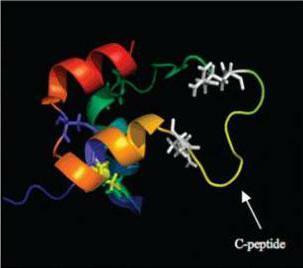
As is known, proinsulin is synthesized in the microsomes of beta cells of pancreatic islets. This substance is devoid of biological activity. But in response to rising levels of glucose trigger proteolytic processes. The proinsulin molecule is split into biologically active insulin and C-peptide.
This protein molecule is not biologically active. Nevertheless, its quantity reflects the rate of insulin formation in the pancreas. That is why it is so important to pay attention to peptides in the diagnostic process. At a diabetes 2 and 1 types indicators, by the way, different.
Indications for the
When do doctors recommend this study? The list of indications is quite impressive:
- Differential diagnosis of diabetes mellitus of the first and second type.
- Diagnosis of hypoglycemic conditions( eg, with suspected insulinoma or an artificial form of hypoglycemia).
- The results of the study help to create an optimal regimen for the treatment of diabetes.
- Procedure is performed in order to evaluate the functions of beta cells in the event that an interruption of insulin therapy is planned.
- The test helps to study the processes of insulin synthesis against the background of certain liver diseases.
- The procedure is administered to patients who have undergone removal of the pancreas( makes it possible to check whether all the cells of the organ were removed during the operation).
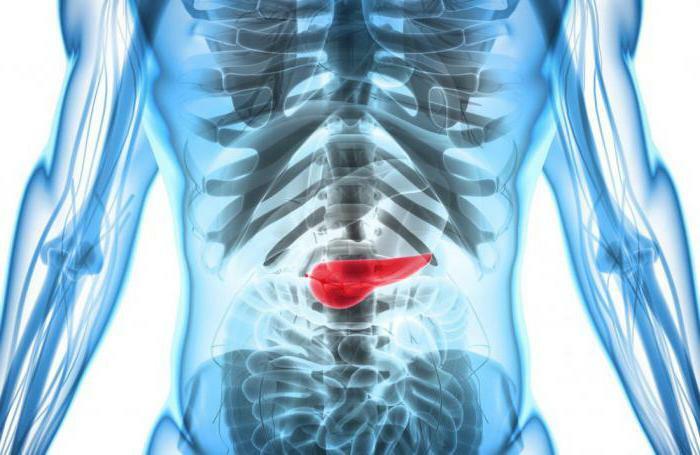
- The analysis is also part of a comprehensive diagnosis of polycystic ovary syndrome.
How to prepare for delivery of samples?
The correct preparation for the procedure makes it possible to accurately determine the C-peptide in diabetes mellitus. In fact, you just need to follow some simple guidelines:
- blood sampling is performed on an empty stomach( should refrain from food for 8 hours or more);
- before the procedure you can only drink clean water( without sugar and other additives);
- for two days before taking a sample you need to give up alcohol;
- is not worth taking medicine( if you still need to take pills, then you definitely need to tell the doctor);
- it is important to give up physical exertion, to avoid stress;
- three hours before the procedure is to quit smoking.
Blood test for C-peptide in diabetes mellitus: how is it performed?
In fact, the procedure is fairly simple. Analysis for the peptide in diabetes mellitus provides a standard sampling of the veins. The blood is placed either in dry tubes or in a special gel, and then passed through a centrifuge in order to separate the plasma from the shaped elements. Further, the samples are frozen, after which they are examined under a microscope with the help of special chemical reagents.
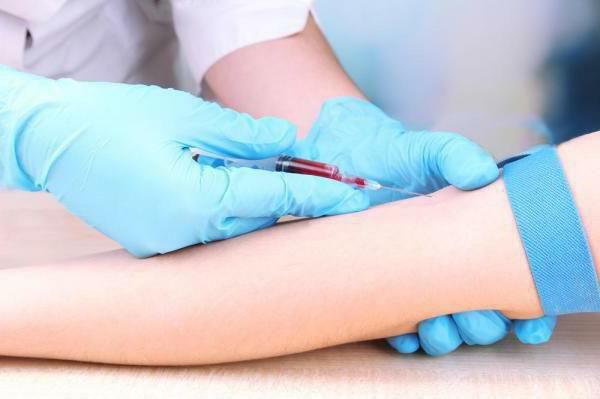
Stimulated test
It should be noted that it is not always possible to notice changes in the level of such a substance as C-peptide in diabetes mellitus. The norm is often recorded even in patients with an already diagnosed disease. In such cases, the so-called stimulated test is carried out.
Before taking blood, an injection of glucagon is made, which is an insulin antagonist. Nevertheless, this substance can not be administered to patients with high blood pressure, and this is a common complication in diabetics. In such cases, a standard blood sample is taken, but after breakfast.

By the way, in an ideal variant it is necessary to conduct both standard and stimulated test - only so it is possible to count on a reliable result.
The normal content of the substance in the blood
It should be noted immediately that the amount of C-peptide is directly related to the increase in the concentration of insulin produced by the pancreas. The most accurate results can be obtained if you take blood for analysis on an empty stomach. The norm varies between 0.78 and 1.89 ng / ml. By the way, this indicator is the same for men, women and children.
It is worth noting that sometimes a complete insulin test is also performed to obtain a complete picture. Then the doctor calculates the ratio of the level of C-peptide and insulin: if it is less than 1, this indicates an increase in the secretion of endogenous insulin. In those cases, if the figure is higher than 1, then it is likely that the hormone was introduced into the body from the outside.
What is the increase in the number of peptides?
The results of the standard analysis can be obtained after 3-4 hours after blood collection( as a rule, they are given the next day).And in the medical records of many patients it appears that the level of this protein in their blood is reduced. What does this show?
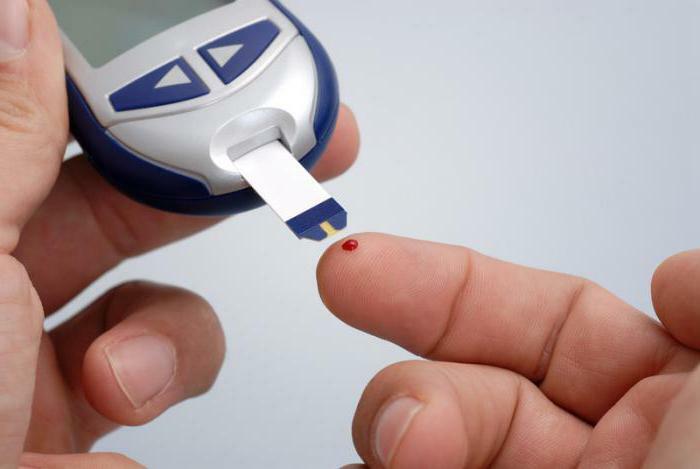
The list of reasons is quite large.
- To begin with it is necessary to say that the C-peptide in type 2 diabetes mellitus is elevated( this factor is taken into account in the differential diagnosis of diabetes).
- This indicator also increases in the presence of insulinoma( a hormone-active tumor that develops from the beta-cells of the pancreas), since this neoplasm is accompanied by intensive synthesis of insulin.
- An increase in the amount of C-peptide is observed against the background of progressive renal failure.
- Such a violation of this indicator often develops against a background of liver diseases, including various forms of hepatitis and cirrhosis.
- Male-type obesity also affects the level of the C-peptide.
- Strengthen the secretion of insulin( and, accordingly, increase the amount of peptide) can long-term use of hormonal drugs, including glucocorticides( anti-inflammatory drugs) and estrogens.
- A high level of C-peptide can be associated with the use of drugs that significantly reduce the amount of glucose in the blood.
- The same pattern is observed after a beta-cell transplant or an entire pancreas transplant.
- As mentioned, the amount of peptide depends on the rate of secretion of insulin, and this, in turn, is directly related to the level of glucose. An increase in the level of this protein is observed if the patient ate before taking the test.
- The list of causes is also referred to as somatotropin. This benign tumor of the pituitary gland, which affects the secretory activity of the hypothalamic-pituitary system and affects the work of all the glands of internal secretion.
- An increase in the level of C-peptide can be the result of growth of the apodoma. This tumor, as a rule, is formed from islet cells of the pancreas.
Decrease in C-Peptide Level: Causes of
Many people are wondering why this indicator can decline. The reasons can be different:
- C-peptide in type 1 diabetes mellitus is reduced.
- The reasons include artificial hypoglycemia, which is associated with the introduction of insulin-containing drugs into the body.
- A decrease in the level of this substance is observed in patients who have undergone a radical operation to remove the pancreas.

Of course, only the attending physician can properly decipher the test results. For an accurate diagnosis, additional tests and instrumental studies are always required.
Why is it more preferable to determine the C-peptide in diabetes mellitus?
Of course, this procedure is often carried out. Why is the determination of the level of a substance such as C-peptide in diabetes mellitus much more effective than calculating the amount of insulin itself?
- To begin with it is worth noting that the half-life in the blood is longer, as insulin breaks up faster. The first indicator is much more stable.
- This procedure allows you to assess the rate of synthesis of natural insulin, even when introduced into the body of an artificial hormone. Insulin therapy is not a contraindication to the analysis - the results will still be accurate.
- Determination of the amount of C-peptide allows to determine the exact level of insulin even in the presence of autoimmune processes in the body.
What other diseases help determine this test?
Most often, this procedure is used for differential diagnosis of diabetes mellitus. Nevertheless, the level of C-peptide can fluctuate and against other diseases.
For example, this analysis is included in a diagnostic regimen for suspected polycystic ovary syndrome, Cushing's disease, chronic renal failure. By the way, in the presence of the above diseases, the level of C-peptide is increased.
Peptides and treatment of diabetes
A few years ago it was accepted that the C-peptide is not functionally active. Nevertheless, recent studies have shown that this substance has important properties.
The results of clinical trials have shown that the introduction of a C-peptide into the body of a patient along with insulin significantly reduces the likelihood of complications. For example, among people who were given this protein, there were fewer cases of neuropathy, nephropathy, and diabetic angiopathy.
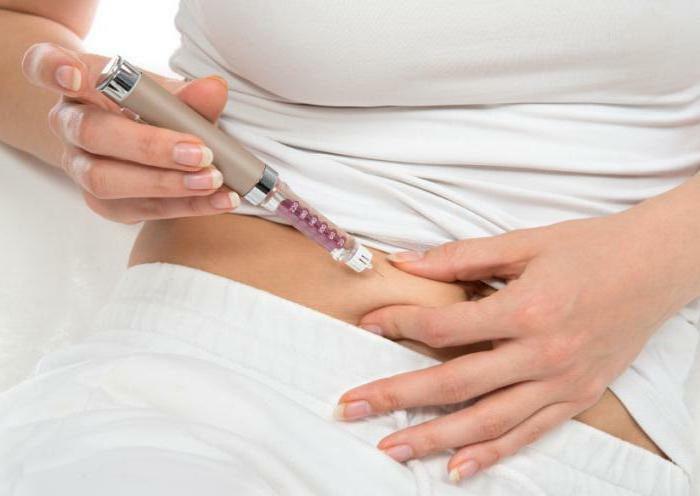
By the way, over the past few years, the popularity of peptides acquired by Havinson. Diabetes mellitus is an indication for therapy with such medications. Certainly, such treatment gives some results, but it is not worthwhile to expect complete healing. The introduction of peptides( under the condition of using high-quality drugs) helps only to reduce the likelihood of complications.
To date, it is not known exactly how C-peptides affect the body. This topic remains open. Still scientists are actively studying the properties of these protein components and the mechanism of their work.
Use preparations containing the substances described above, only with the permission of the attending physician and under careful supervision. The use of peptides is not a substitute for traditional therapy, so you can not refuse insulin and other medications.
